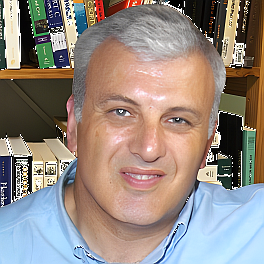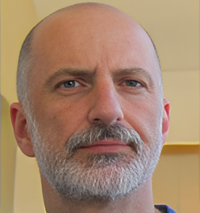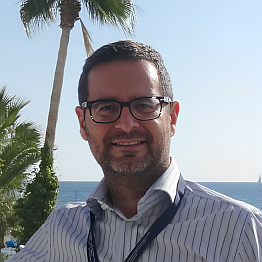Special session in the World Conference on Data Science & Statistics
 Amsterdam, Netherlands
Amsterdam, Netherlands
 June 17-19, 2024
June 17-19, 2024
Predictive Modelling and Decision Support have led to the generation of an abundance of data, stemming from all human activities. These data have been extensively used to fuel a multitude of information systems and related processes, including information gathering, dissemination of information, automations, decision making and planning in domains including smart cities, precision agriculture, shipping, transport and industry 4.0. Advances in AI now open new opportunities for the collection, processing, correlation and exploitation of these data. The goal of this special session is to explore methods, algorithms and information systems leverage the data science workflow and deliver added value for applications in both the urban and the rural domain.
Topics include but are not limited to:
- AI Algorithms and Methods in Data Science
- Architecture and Processes for Data Science
- Big Data Collection, Mining and Knowledge Management
- Security and Privacy for Data Science
- Data, Information and Knowledge Governance
- Business Intelligence
- Predictive Modelling and Decision Support
Special Session Organizing Committee:
 |
Costas Vassilakis is a Professor in the Department of Informatics and Telecommunications of the University of the Peloponnese, in the area of Information Systems. He received his degree from the Department of Informatics, University of Athens in 1990 and his PhD from the same department in 1995. He has published more than 240 papers in international journals and conferences and has participated in more than 30 international and national R&D projects. His research interests include information systems, data science, software engineering, semantic web, as well as information presentation aspects. |
 |
Spiros Skiadopoulos is a Professor at the Dept. of Informatics and Telecommunications at the University of the Peloponnese and the director of the M.Sc. program in Data Science. In the past, he was the chair of the Dept. of Informatics and Telecommunications and the Vice President of the Research Committee of the University of the Peloponnese (from 2018 to 2020). He also maintains collaborations with scientists and researchers from several international institutions. His current research interests include big data management and processing (e.g., very large graph, string, and time series data), but, he has also worked in a variety of areas including data management, artificial intelligence, knowledge representation, and reasoning. His scientific contribution is internationally acknowledged and includes publications in journals, conferences, and a large number of citations. He received his diploma and his Ph.D. degree from the National Technical University of Athens and his MPhil degree from the Manchester Institute of Science and Technology. |
 |
Dr. Christos Tryfonopoulos is a Professor in the Department of Informatics and Telecommunications at the University of Peloponnese and a member of the Software Systems and Databases Laboratory. In the past, he has served as Department Chair, Director of the MSc program “Space Science, Technologies and Applications”, and Head of the P2P and Information Management research area at the Max-Planck Institute for Informatics in Germany. His research interests focus on the areas of Internet technologies and applications, data/information management, distributed systems (grid/cloud/p2p/agent computing), and digital libraries. He has published more than 100 research papers in the fields of his research interests and has coordinated/participated in 16 European and national R&D projects. He has served as a reviewer for top international scientific journals and conferences, as an evaluator of research proposals and projects for the European Commission and the General Secretariat for Research and Innovation, and has received two national scholarships and three awards/distinctions for his research work at international scientific conferences. |
You can also visit the special session page at the official conference site.
